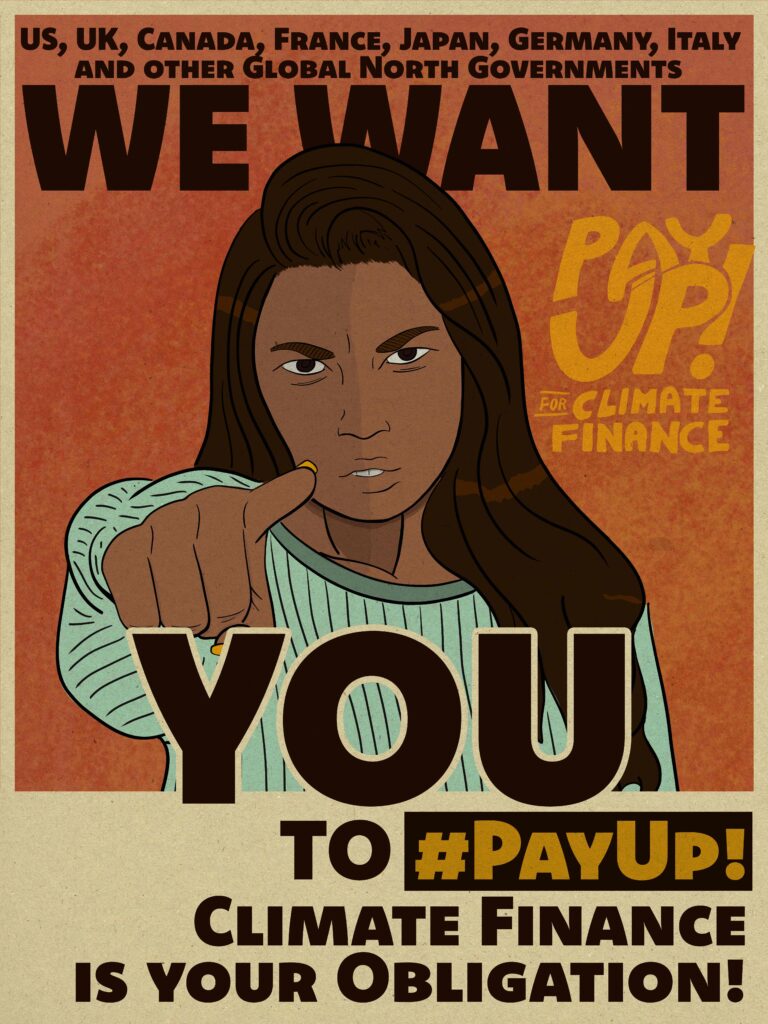We are the world, we are the (COP for) children
Whenever we face a situation of danger or life-threatening circumstances, and emergency, the immediate response is « save the children first. » A historical code of conduct used in shipwrecks, guided by a very basic acknowledgement of children’s vulnerability in emergency scenarios. But that is not what we have seen at the UNFCCC.
With 32 years of delay, the UNFCCC has finally addressed the disproportionate impact of the climate crisis on children through a GST decision for an Expert Dialogue on Children and Climate Change. Calling on experts from around the world, the Dialogue was held at this SB60 session. However, one fundamental group of Experts was missing from this Dialogue: Children. Only one child was officially invited and two others were present during the day. On the positive side, 62 Parties were present and called for a decision to mainstream child rights in climate negotiations.
Although COP is not a fun and safe space for children (yet), we have to address the elephant in the room: – children represent one-third of the population and half of the world’s poor, with 75 % of them living in the Global South. Unicef Deputy Executive Director Kitty van der Heijden reminds us that children are not mini-adults.
... Read more ...

